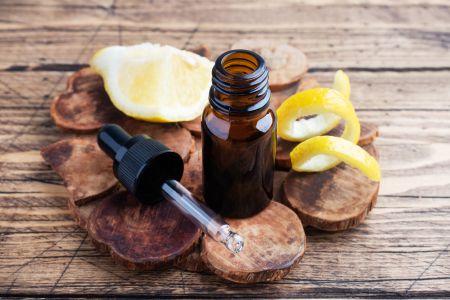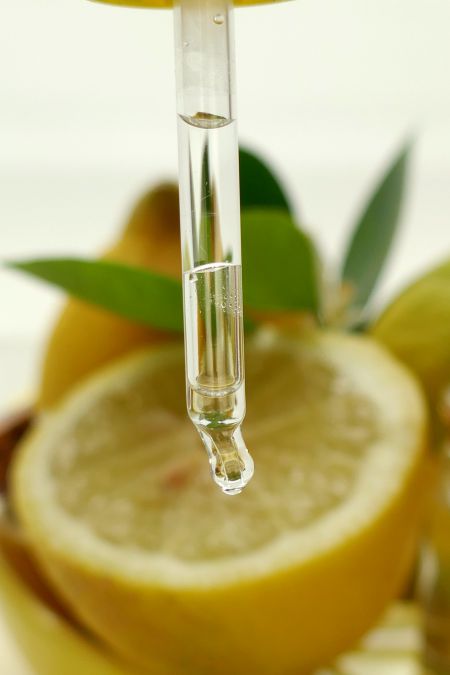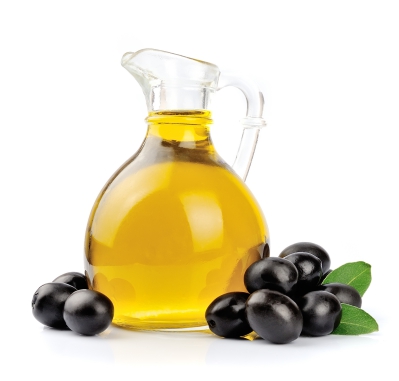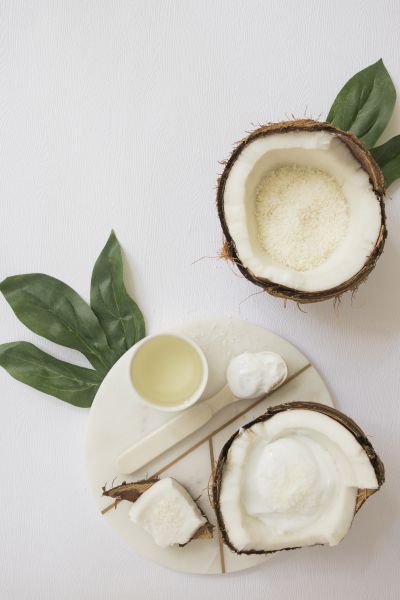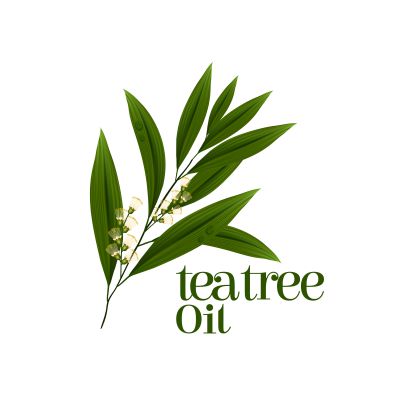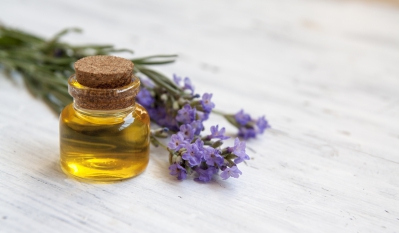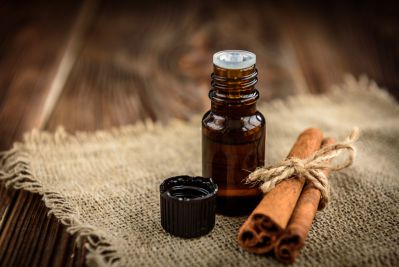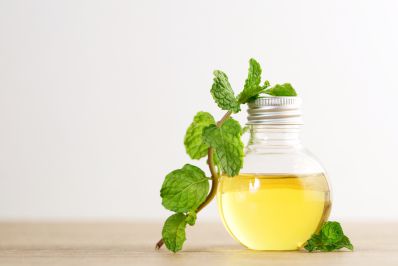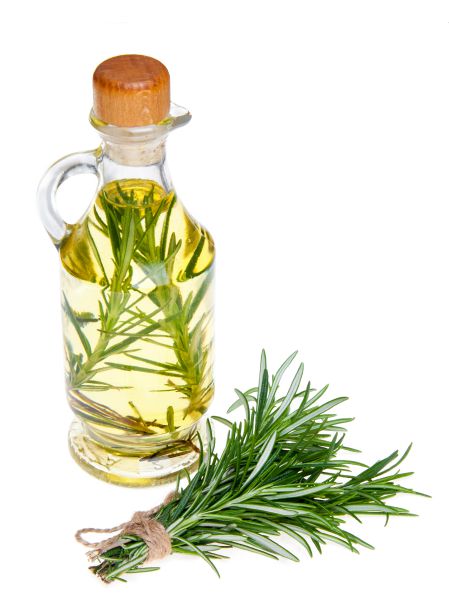Lemon oil is an essential oil extracted from the lemon peel. It has been traditionally used as an active ingredient for preparing several skin care products and cleaning agents. It is also used for improving health and healing purposes.
Characteristics
- It is an aromatic compound, liquid in room temperature
- It is light yellowish in color
- It has a citrusy aroma
- It has a sweet and citrus taste
- It is insoluble in water
- It acts as an effective dispersing agent for paints, oils, waxes, lacquers and varnishes
- Its vapor is comparatively heavier than air
- It can be easily decomposed if not stored properly and develops terebinthine odor
Nutritional composition
- It contains significant amount of carbohydrates and dietary fibre
- It contains high amount of moisture
- It also contains very less amount of proteins and fats
- It contributes very less amount of calorie
- It also contains several micronutrients and especially rich in Vitamin C, pyridoxine and potassium
- It contains numerous biologically active compounds like limopene, d-limonene, citral, linalool, b-bisabolene, camphene, nerol, trans-a-bergamotene, nerals, α-terpinene, α-pinene, aldehyde, geranial, terpinen-4-ol, coumarin, hesperidin,
Extraction of lemon oil

- Lemon oil is generally extracted through steam distillation method (common method used for extracting essential oils) in laboratories where steam passes through the lemon and releases the oil with the effect of heated steam and pressure
- It is also extracted through cold pressure method where the lemon rinds are pressed through machines for releasing oil
Easy method of preparing lemon oil in home
One can easily make lemon oil in home comfortably by using the following steps –
- At first lemons should be washed properly
- Then the peels of the lemons should be removed and be supposed to be kept in a separate bowl
- Then one cup of coconut oil should be added with the citrus peel to that bowl
- At that time half pot of water should be subjected for boiling
- Then the bowl (with citrus peel and coconut oil) should be placed into the pot and allowed for simmering (for 2 to 3 hours)
- Afterward it should be subjected for cooling for 2 to 3 hours
- Finally, the oil should be strained (which helps to separate the lemon peel from infused oil) and kept into an airtight jar
- It is better to keep the jar in a dark and cool (refrigerator) area for enhancing its shelf life
Health benefits
 Antimicrobial activities
Antimicrobial activities
- It has strong antimicrobial activities that help to prevent the growth of harmful bacteria yeast and fungus within host
- It is significantly effective against those fungi, which is responsible for developing athlete’s foot
- It is also effective against Staphylococcus aureus and Escherichia coli (bacteria) and reduces the prevalence of their infection
Role on skin
- The antimicrobial activity of lemon oil helps to kill bacteria, which are responsible for skin infections and inflammation
- The antioxidant property of lemon oil helps to promote skin health, enhances the brightness of skin, preserves skin tone and prevents ageing
- It also helps to prevent acne
Role on hair
- Usage of lemon oil is associated with providing proper nourishment and strength to the hair
- It helps to prevent hair loss
- It helps to increase hair volume
- It also helps to decrease dandruff
Role on mental health
- It has seen that inhalation of lemon oil is related with stimulating the secretion of dopamine and serotonin that help to reduce anxiety
- It helps to reduce stress and depression as well
- Inhalation of lemon oil also helps to boost the mood and improves mental condition
- Its sedative effects also responsible for preventing insomnia and promotes healthy sleeping that helps to refresh the mind

Role on improving brain function
- It is associated with enhancing brain power
- It helps to improve the alertness
- It also helps to improve memory, concentration and cognitive abilities
- It helps to prevent the progression of Alzheimer’s disease and it has also found that individual suffer from Alzheimer’s can improve their cognitive functions by inhaling lemon oil
- It helps to improve memory of individual suffer from dementia
Role on enhancing immunity
- The antioxidant property of lemon oil helps to enhance the immunological responses of the body
- It helps to increase the resistant power and fighting capacity of the body that helps to prevent the susceptibility of developing chronic diseases
Role on gastrointestinal health
- It promotes digestion
- It is associated with preventing the stomach and duodenum disorders
- It helps to reduce stomach cramp
- It has also seen that it helps to decrease the severity of morning sickness (nausea and vomiting) during pregnancy
Role on rapid wound healing
- Vitamin C content, antioxidant activity and antimicrobial property of lemon oil are responsible for rapid would healing by promoting re-synthesizing of tissues at the site of wound
- Cleaning the wounded area with lemon oil is associated with sterilizing and disinfecting that damaged region, which promotes faster healing

Medicinal usage
Role on preventing cancers
- Limonene is the principal component of lemon oil responsible for exerting anti-carcinogenic effects that help to prevent the susceptibility of developing cancers (especially breast cancer)
- It helps to inhibit tumor growth by inhibiting p21-dependent signaling pathway
- It also helps to destroy malignant cells by inducing apoptosis through arresting G1 cell cycle and modification (post translational) of signaling proteins
Role on preventing anaemia
- Anaemia (deficiency of hemoglobin in blood) is a common and vital health issue responsible for increasing morbidity and mortality rates especially among women. It is mainly caused by iron deficiency
- Usage of lemon oil is an effective tool for treating anaemia. It contains desirable amount of Vitamin C, which enhances iron absorption and promotes the synthesis of hemoglobin
Role on cardiovascular system
- It helps to reduce the susceptibility of strokes and heart attacks
- It is related with reducing hypertension
- It also helps to regulate heart beats and shows effective role on reducing tachycardia (increased heart rate)
It is well utilized for reducing weight as it helps to increase the metabolism (especially catabolism) in many folds.

It is also used for reducing pain.
It is very effective to treat skin burn and mouth ulcer.
It helps to treat sore throat.
It also helps to treat normal cold, flu and general weakness.
Applications
- It is used as a flavoring agent
- It is significantly used to prepare lemonades by mixing with honey and water
- It is used to prepare balm, which is used for relieving pain
- It is also used for preparing body lotion and cream
- It is used as an effective skin cleanser
- It is also used as insect repellant
Risk factors
- It is better to apply lemon oil on skin in diluted form otherwise it may develop severe skin irritation
- Excessive application of lemon oil on skin is associated with increasing the sensitivity of skin to UV ray and hence increases the risk of skin cancer
- One should avoid direct exposure to sun light after applying lemon oil on skin because it may develop severe skin pigmentation
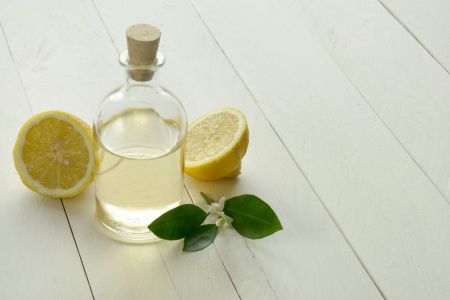
Source:
Ashmawy, A., Mostafa, N. and Eldahshan, O., 2019. GC/MS analysis and molecular profiling of lemon volatile oil against breast cancer. Journal of Essential Oil Bearing Plants, 22(4), pp.903-916.
Fattah, A., Hesarinejad, Z., Rajabi Gharaii, N. and Nasibi, M., 2019. The Effect of Aromatherapy on Nausea and Vomiting during Pregnancy: A Systematic Review and Meta-Analysis. International Journal of Pediatrics, 7(3), pp.9061-9070.
Kamrani, F., Nazari, M., Sahebalzamani, M., Amin, G. and Farajzadeh, M., 2016. Effect of aromatherapy with lemon essential oil on anxiety after orthopedic surgery. Iranian Journal of Rehabilitation Research, 2(4), pp.26-31.
Misharina, T.A. and Samusenko, A.L., 2008. Antioxidant properties of essential oils from lemon, grapefruit, coriander, clove, and their mixtures. Applied Biochemistry and Microbiology, 44(4), pp.438-442.
Naganuma, M., Hirose, S., Nakayama, Y., Nakajima, K. and Someya, T., 1985. A study of the phototoxicity of lemon oil. Archives of dermatological research, 278(1), pp.31-36.
Rambod, M., Rakhshan, M., Tohidinik, S. and Nikoo, M.H., 2020. The effect of lemon inhalation aromatherapy on blood pressure, electrocardiogram changes, and anxiety in acute myocardial infarction patients: A clinical, multi-centered, assessor-blinded trial design. Complementary Therapies in Clinical Practice, p.101155.
Safajou, F., Soltani, N., Taghizadeh, M., Amouzeshi, Z. and Sandrous, M., 2020. The effect of combined inhalation aromatherapy with lemon and peppermint on nausea and vomiting of pregnancy: A double-blind, randomized clinical trial. Iranian Journal of Nursing and Midwifery Research, 25(5), p.401.
